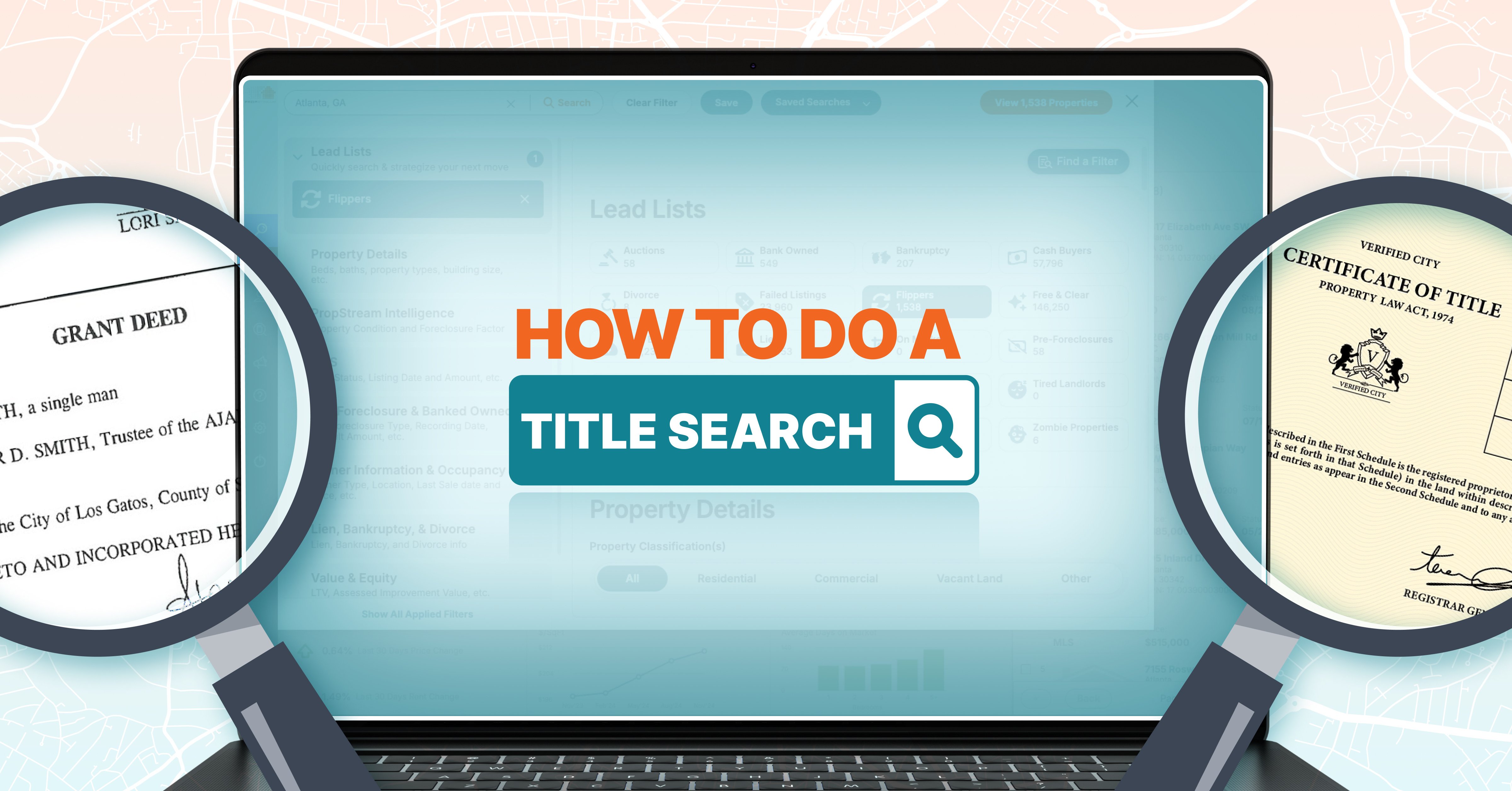Private lending is a great option for real estate investors. An alternative to securing money from financial institutions, it can provide more flexibility, speed, and long-term growth potential than traditional bank loans. As well as a steady stream of capital a real estate investor needs when rehabbing a multi-family project or fix-and-flip. The speed of your project (and, therefore, your earnings) can be largely dependent on your lender.
Investors need to understand the nuances of private money lending before they seek funding for projects. "Borrower beware" is a solid mantra when you're securing a private loan.
Traditional lenders (e.g., financial institutions) may offer lower rates on loans, but the process to apply and be approved takes longer. Also, many banks cannot move at the same speed as real estate investors, many of whom have multiple projects happening simultaneously and may need flexible terms as their investments take shape.
Finding the Right Lender
Stephen Couig is CEO of Center Street Lending, one of the largest private lenders to residential investors in the United States. They provide about $400 million in loans annually, with a typical term of less than a year. About 75% of their business is repeat lending. He offers his expertise and guidance to investors who are seeking private funding.
Although Center Street provides all types of loans (construction, fix-and-flip, etc.), he points out that some lenders specialize in particular types of projects. He advises investors to find a lender that has experience in a specific type of real estate investment and to consider a variety of factors — beyond the interest rate and terms.
Understand, too, if you're dealing with a direct lender or with a broker. Although a broker can help you find and evaluate different lending options, working directly with a lender can give you faster and smoother access to the funds you need.
Couig shares more insider tips for finding and working with a lender throughout the various phases of a real estate investment project.
Consider Your Network
When considering private lending, new real estate investors should start small and ramp up their project size and borrowing as they build a track record and trust among lenders. Consider the three categories of private lending illustrated in this simple diagram from BiggerPockets.
Tapping into your primary circles can be a great short-term source of real estate investment dollars. But, as with any business transaction, borrowing from friends, relatives, or colleagues can lead to murky and contentious relationships. Borrowing from people who have experience in real estate lending can be simpler in the long run, especially if you plan to invest in multiple projects over time.
5 Things to Think About Before Going for a Private Loan
When you're looking for a private loan from experienced lenders, here are five things Couig recommends keeping in mind:
1. Does the individual or company have prior experience in real estate lending? As with any significant business decision, look first to people you know for recommendations. Databases can be a source of potential lenders, but you'll need to do your own research and homework to ensure you're forging the right business relationship for your project. Couig advises, "Look for a lender who has the ability to service the loan well. That first loan is just the first step." (See #2) Brokers (who can connect investors to multiple sources) can be a good option for new investors, according to Couig. They can recommend a private lender who is suitable for a particular type of project.
2. Understand the process and fees. The amount and the terms are just one aspect of the borrowing decision. Couig advises lenders to ask about the process and timing for closing the loan and providing construction advances. Some private lenders offer attractive interest rates, but may charge a premium for special needs and exceptions to original terms.
3. Estimate your needs accurately. Calculate the amount you'll need for purchase and rehab, but build in a contingency for the unexpected. Working with a private lender that has immediate access to additional funding can be a huge benefit in real estate investing when delays and construction surprises can result in the need for incremental funds. Among the questions you should ask a prospective lender, according to Couig, are:
- What is the highest loan amount I qualify for?
- How are construction advances processed?
- Do you process your advances in-house? (Outsourcing can create delays)
- What are extraneous fees (e.g., extension fees) I need to plan for?
4. Think like a lender. Just as contestants on Shark Tank appeal to the specific personalities and funding patterns of the judges, real estate investors need to put themselves in the shoes (or wallets) of the private lender. Lenders are looking to loan to people they can trust and who will deliver on their commitments. Couig shares some of the questions his firm asks internally as they are making loans:
- Does the borrower have solid credit?
- Is the individual or group taking on a project that is commensurate with their experience?
- Is the purchase price consistent with market pricing?
- What is the borrower's exit strategy? (e.g., How do they plan to market and sell a fix-and-flip project?)
- Does the borrower have the resources to handle issues that may arise?
5. If you have a blemish on your credit or business history, be upfront and transparent when speaking to the lender or broker. Couig says that having a past issue does not necessarily mean that securing a loan is impossible. He advises, "Assume that any lender will have access to your digital footprint and public records. Lenders will look at the recency of the issue and take that into consideration. Second liens are always an option for high-risk borrowers."
Private lending is ultimately based on relationships and trust, as well as the facts of the deal. Over time, successful real estate investors will establish a track record and streamlined way of working with lenders.



